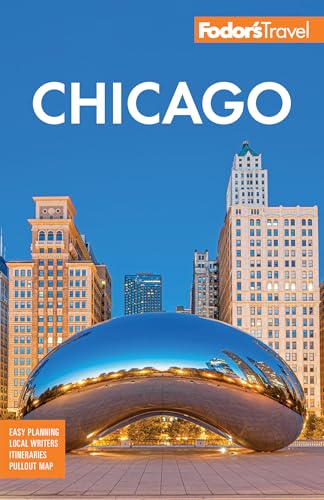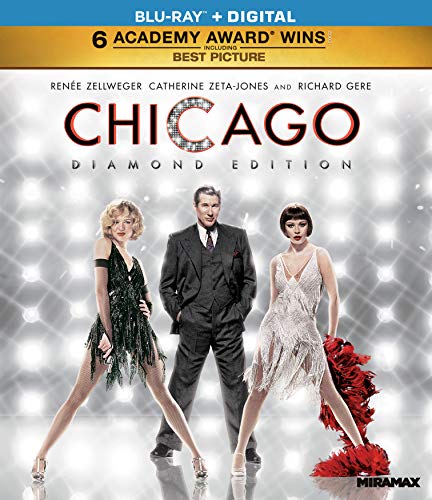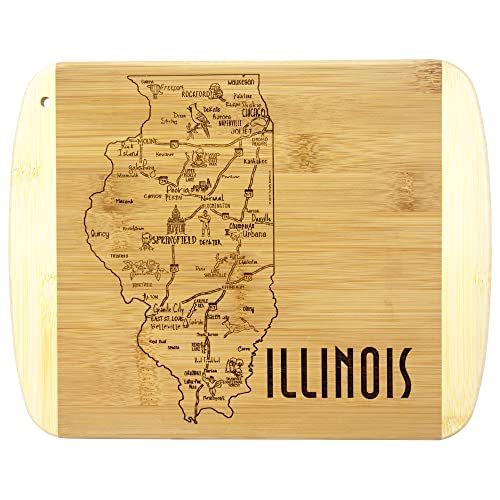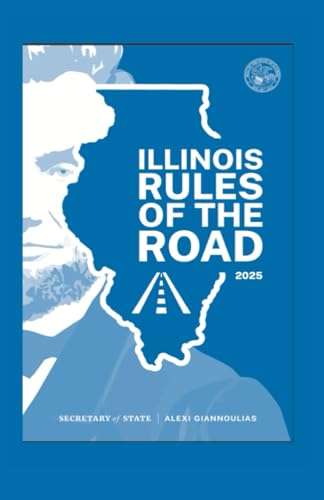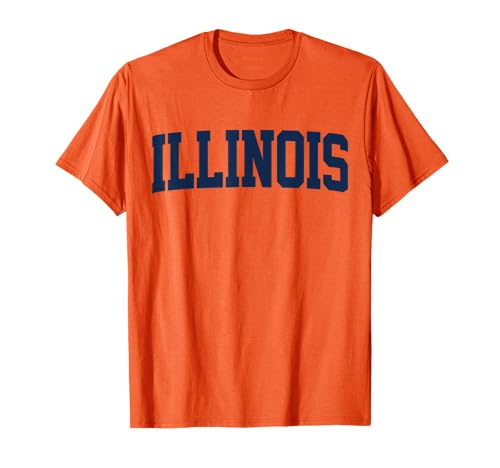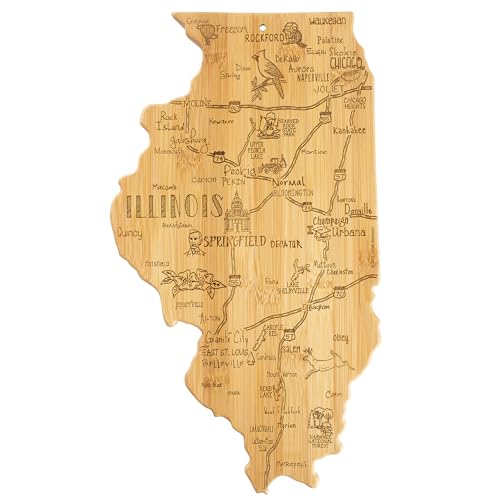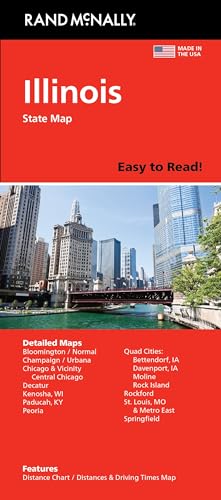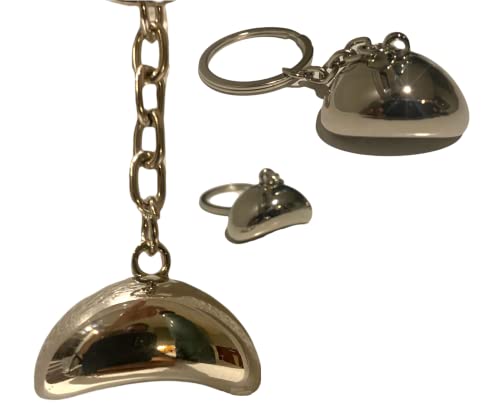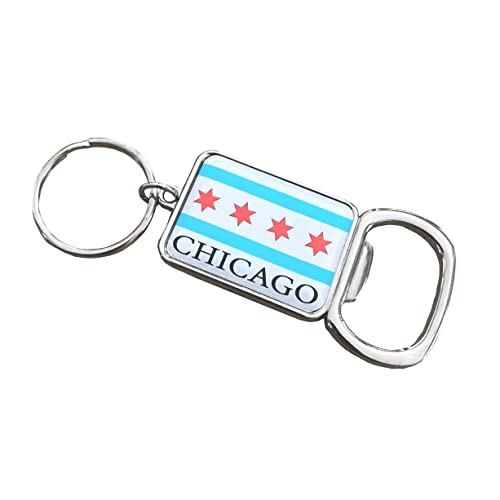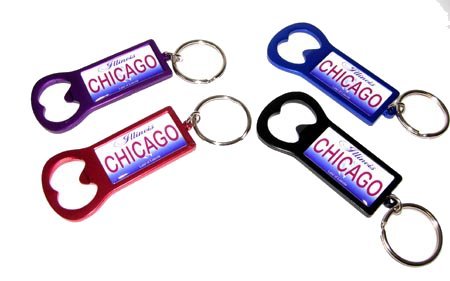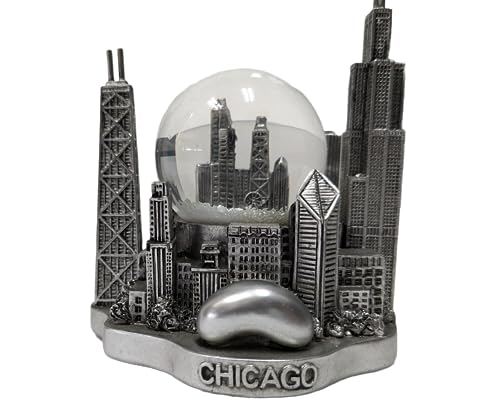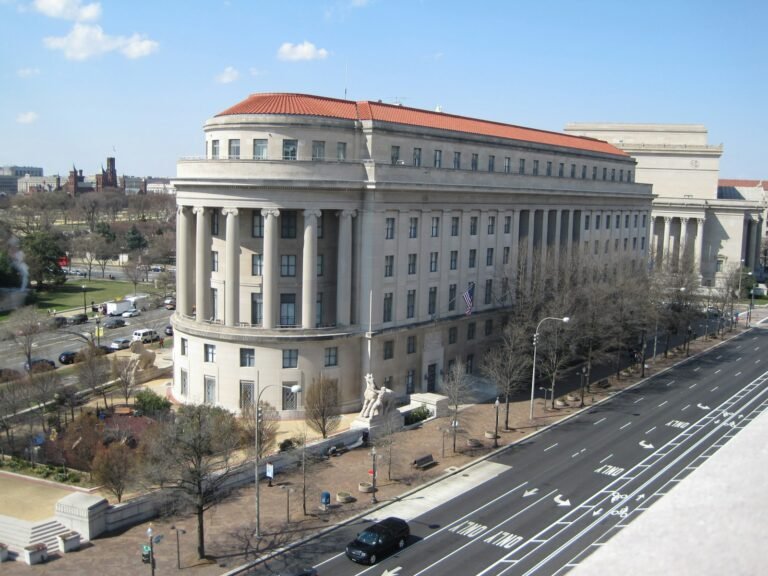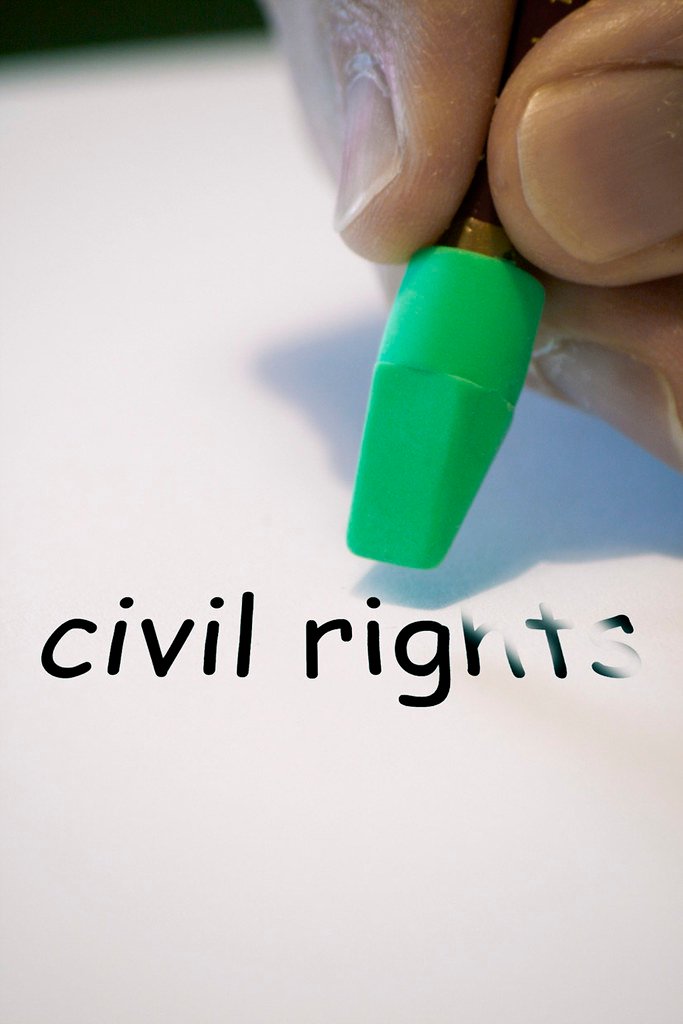
Chicago, IL – October 6, 2025 — Illinois Attorney General Kwame Raoul is escalating his legal and constitutional battle with the Trump administration, filing a major lawsuit to stop the unlawful federal deployment of National Guard troops in Illinois while also celebrating a legal victory that protects federal crime victim funding from being tied to immigration enforcement.
Lawsuit Filed to Block National Guard Deployment
In a lawsuit filed Monday in the U.S. District Court for the Northern District of Illinois, Raoul is challenging what he calls the “unlawful federalization” of the Illinois National Guard. The suit targets President Donald Trump, Secretary of Defense Pete Hegseth, and other federal officials for attempting to deploy National Guard troops in Illinois without legal justification.
According to Raoul, the Trump administration’s actions violate 10 U.S.C. § 12406, which allows federal activation of National Guard units only under specific conditions such as invasion, rebellion, or the inability of federal authorities to enforce laws—all of which Raoul asserts are not present in Illinois.
“The American people should not live under the threat of occupation by the United States military simply because their city or state leadership has fallen out of a president’s favor,” said Raoul. “This unlawful deployment must be stopped.”
The lawsuit argues the deployment also violates the Posse Comitatus Act, which prohibits the use of the military in civilian law enforcement, and infringes on the 10th Amendment, which reserves certain powers to the states. Raoul has requested a temporary restraining order to immediately halt the deployment.
The City of Chicago has joined the lawsuit. Corporation Counsel Mary B. Richardson-Lowry said, “This is a nation of constitutional law, not martial law.”
The legal dispute arises just hours after an Oregon court halted a similar effort by the Trump administration to federalize the National Guard of that state, deeming the action “untethered to the facts.”
Victory in the Battle Over Crime Victim Funds
This lawsuit follows another significant event: a legal triumph against the Trump administration’s initiative to make federal crime victim grants contingent upon states’ cooperation with immigration enforcement.
Last week, Raoul revealed that a coalition of 20 attorneys general—which he co-led—successfully urged the Department of Justice to abandon its strategy of linking $1.4 billion in Victims of Crime Act (VOCA) funding to state involvement in federal immigration enforcement activities.
“This is a win for survivors of violent crimes,” said Raoul. “These funds have no relationship to civil immigration policy, and the Trump administration’s plan to impose conditions on this funding was unlawful and immoral.”
“These arbitrary conditions are an insult to survivors and victims of crime, and to our police and prosecutors on the front lines of public safety. The Trump Administration knew they could not and should not defend their first conditions, and their second set of conditions are just as defenseless. We’re going to keep fighting against every one of these ugly threats to protect public safety and support victims of crime,” said Connecticut Attorney General William Tong
“The Trump administration’s attempt to hold these critical funds hostage to advance its political agenda was unlawful, and we’re pleased that our lawsuit forced them abandon this harmful scheme and free up more than $23 million that Maryland communities depend on to keep people safe,” said Maryland Attorney General Brown. “Thanks to our lawsuit, survivors of crime will continue to get the resources they need to rebuild and heal from traumatic events that disrupted their lives.”
The recently withdrawn DOJ plan was set to impact $54 million in VOCA funds for 2025 designated for Illinois, which are essential for services like emergency shelters, victim advocacy, medical expenses, and crime scene cleanup.
Statement on Protests and Public Safety
Amid ongoing legal proceedings and increasing protests, Raoul released a statement underscoring the significance of safeguarding First Amendment rights while ensuring public safety during the current demonstrations in Broadview, Illinois.
Raoul advocated for the establishment of a coordinated law enforcement command that includes the Illinois State Police and local agencies, with the goal of reconciling the rights of protesters with the safety of the community. He stressed that this operation does not involve immigration enforcement and adheres to the TRUST Act, which restricts local collaboration with federal immigration authorities.
“At the request of the Broadview Police Department, the Illinois State Police (ISP), Cook County Sheriff’s Office, and multiple state and local law enforcement agencies have combined to form a unified command to coordinate public safety measures in Broadview. I support the mission of the unified command to create a safe space for the exercise of First Amendment rights while also protecting businesses and access to nearby roads. My office has been in ongoing consultation with ISP regarding the establishment and purpose of the unified command. In accordance with the TRUST Act, the purpose of the activities conducted by the unified command is to maintain public safety and the ability to lawfully exercise First Amendment rights – not to engage in federal immigration enforcement. State and local law enforcement do not violate the TRUST Act by establishing and maintaining designated protest areas and ensuring the unobstructed use of public roads – even if federal immigration enforcement activity is occurring nearby,” Raoul stated, cautioning protesters not to fall into provocation traps.
He concluded with a pointed remark about the Trump administration’s approach: “Do not take the Trump administration’s bait. Do not give them the lawlessness they are actively trying to provoke.”

